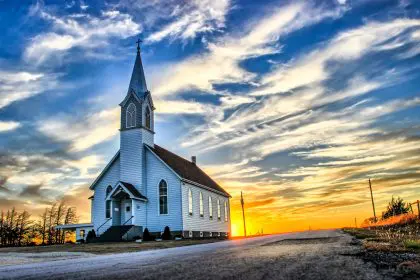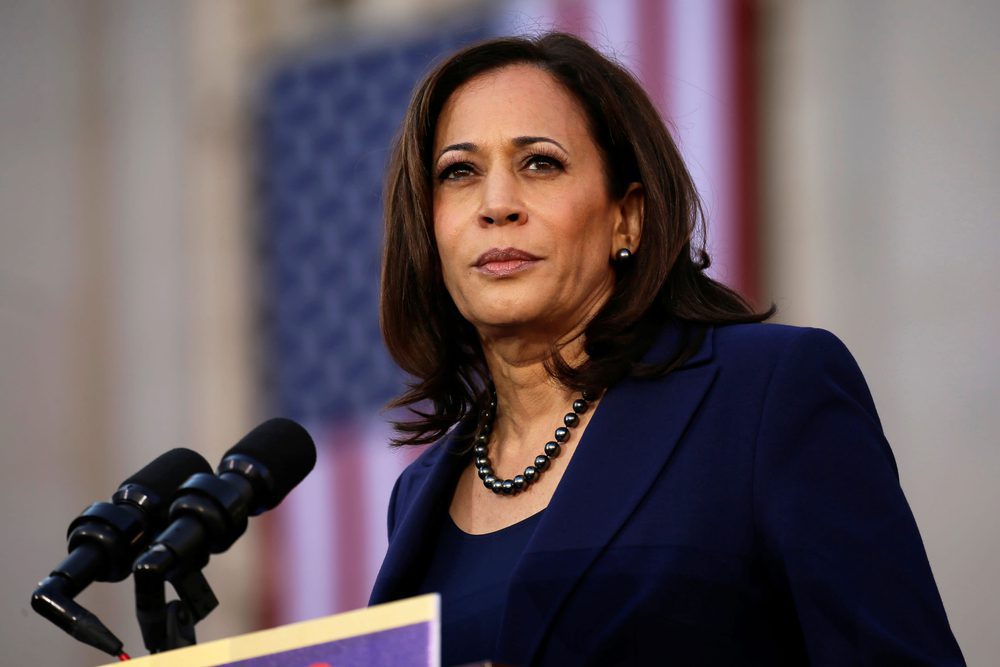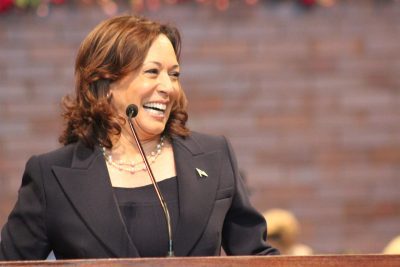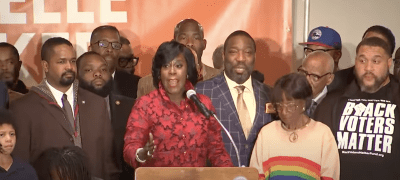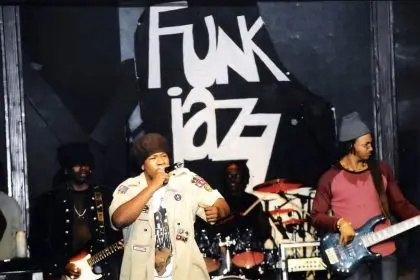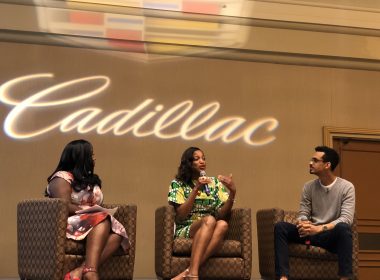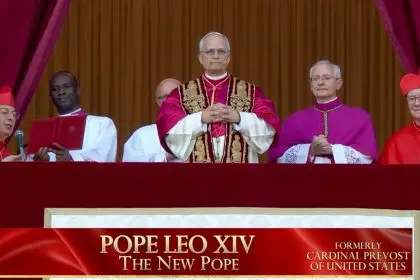
PHILADELPHIA – The same scenario that has played out in other sectors of society is now apparently afflicting the National Association of Black Journalists: African Americans take great risks and expend tremendous personal resources in order to climb up to shake the socio-political tree, only to have other demographics gather up all of the fruit and dash off before blacks can climb down to claim their share.
This is the alleged reason the NABJ cut ties to the UNITY organization, a national multicultural journalism organization comprised of the National Association of Hispanic Journalists, the Asian American Journalists Association and the Native American Journalists Association.
Debate erupted this year prior to the split about accountability in revenue and how much each minority journalism organization is supposed to receive after the UNITY conference. There were also accusations that UNITY revenue was not being used effectively to enhance opportunities and improve training for minority journalists. Furthermore, despite the formidable presence the UNITY organization seemed to present, the minority representation in newsrooms — especially in key, decision-making positions — continues its downward spirial, and at an accelerated pace. Therefore, after 20 years, the NABJ formally resigned from the overall body.
The split has caused bewilderment, confusion and consternation among NABJ members.
“I know that there are issues, but be that as it may, it seems to me that this is not the time to walk away from being a united front,” said NABJ member Callie Crossley. “To me it’s not clear how we come out better in the financial end.”
Crossley’s sentiments were shared by Walt Swangston, a former diversity consultant and former executive director of the NABJ and UNITY. “I’m deeply disappointed that what we worked so hard to put together is coming apart,”
Kathy Y. Times, NABJ president, anticipated the conflicted feelings among the membership. “We expected people to feel torn about it,” said Times. “At the end of the day, the board is an elected body and weighed months of negotiations to make sure that NABJ was meeting the needs of our members.”
Milton Coleman, the president of the American Society of News Editors, is equally concerned with the cultural direction of newsrooms, saying that when the economy crashed, thousands of highly skilled, highly paid African American journalists were let go.
“At a time when the U.S. Census shows that minorities are 36 percent of the U.S. population, newsrooms are going in the opposite direction,” Milton Coleman, the president of American Society of News Editors, said in a statement.
Meanwhile, UNITY officials said they anticipate having a successful conference with the three remaining organizations at their next convention, NABJ’s absence nothwithstanding.
–terry shropshire

